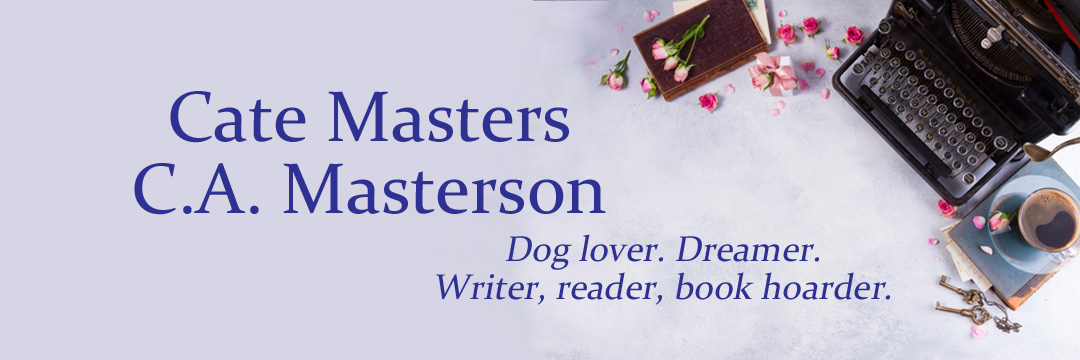Advice abounds about these two topics. The way you craft your query letter and synopsis can make or break your chances of getting your virtual foot in the door of an agent, editor or publisher’s office.
The best advice for a query letter is: be professional. And if you can throw in a line or two showing you’ve done your research about the agent/editor/publisher you’re querying, all the better. For instance, let them know which of their established writers your stories complement. Never be generic – tailor each to the specific a/e/p you’re targeting.
Because different agents/editors/publishers may vary in their submission requirements, always be sure to check their specific guidelines. Some might allow a 3-5 page synopsis, while others simply want a one-pager.
A few criteria usually remain the same (but again, always check the specific guidelines):
1) Capitalize each main character’s name the first time you use it.
2) Double-space.
3) Hit the main plot points, and DON’T leave out the ending – a/e/p’s don’t like “cutesy” synopses that make them guess what happens at the end. Even if you’re writing a thriller or mystery, state the outcome.
4) Use present tense, no matter the tense of your story
5) Match the tone of your synopsis to your story (i.e., if the story’s a comedy, make the synopsis funny, and vice versa).
6) Use dialogue sparingly.
Susan Kouguell provides do’s and don’ts for both queries and synopses in Writing Successful Query Letters.
Hillari Bell’s Writing the Dreaded Synopsis breaks it down into five major plot points, following Pam McCutcheon’s Writing the Ficiton Synopsis: A Step by Step Approach workshop and book.
Nathan Bransford, a literary agent for Curtis Brown, Ltd. Disappointed me with his How to Write a Synopsis blog entry, which aimed for cute over content.
The Editor’s Blog at the Guide to Literary Agents site, however, incluced this useful post with concise tips: Crafting a Novel Synopsis http://www.guidetoliteraryagents.com/blog/Crafting+A+Novel+Synopsis.aspx
Charlotte Dillon's site had tons of links! I didn’t check them all, though I noticed after I Googled it, that many sites just copied and pasted someone else’s content onto their own site/blog. Tsk tsk!
Vivian Beck breaks her instruction down into 5 Steps to Writing a Synopsis – short and sweet.
Although Vicki M. Taylor goes somewhat overboard in Overcoming the Fear of Writing a Synopsis, it did have some helpful points, especially toward the end, where she targets romance writers.
Sheila Kelly’s Workshop: Writing the Novel Synopsis covers the formatting of a synopsis, though a bit outdated (does anyone own a dot-matrix printer these days?) And if it’s a one-pager, some of her points are moot.
Dee-Ann Latona LeBlanc’s Writing a Synopsis from the Ground Up provides good advice – the single sentence synopsis is particularly useful if you have a chance to sit down with an agent or editor for the high-pressure 10 minute visit during a writer’s conference. S/he is likely to ask: tell me in one sentence what your novel is about. D’oh! Pump up the enthusiasm and confidence, whether you feel it or not, and let it fly.
Elizabeth Lyon's Sell Your Novel Tool Kit cover touts the book as "Everything you need to know about queries, synopses, marketing and breaking in." It's one of many good tools for writers.
